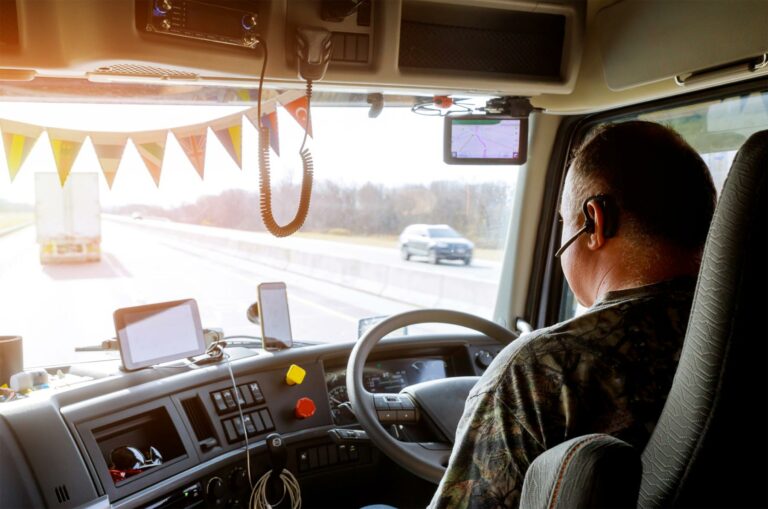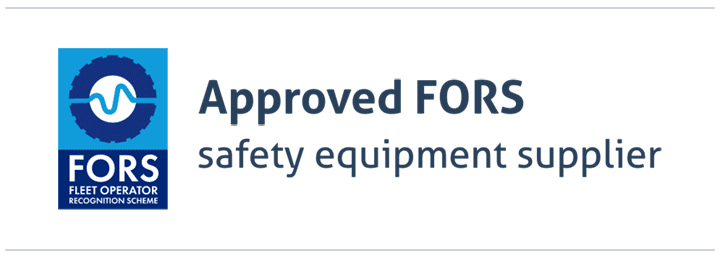Best practice for installing driver facing cameras
The use of vehicle cameras has become increasingly popular in recent years, as they offer numerous benefits to both commercial and private drivers. However, it’s important to be aware of the legal implications of installing driver-facing cameras.
In most countries, the use of inward-facing cameras is allowed, but there are certain restrictions in place to protect the privacy of drivers and passengers. For instance, in some countries, it’s illegal to record audio without consent, and in others, cameras must be clearly visible to passengers.
It’s also important to ensure that the data collected by these cameras is stored securely and is only accessible to authorised personnel. Failure to do so could result in legal action against the driver or company.
Furthermore, it’s essential to communicate with drivers and passengers about the purpose of these cameras and how the data collected will be used. Providing clear guidelines and obtaining consent can help build trust and prevent any potential legal issues.
Centrad highly recommends implementing the following key steps within your business when installing driver facing cameras:
- Obtain Consent It’s not uncommon for drivers to remove, unplug, or block cameras, particularly dashcams. One of the most common reasons for this is a lack of consultation in the decision to install the cameras. This lack of consent can lead to distrust regarding the motives for installing the cameras. On the other hand, if the reasons and benefits for installing the cameras are explained to drivers, and they agree to their use, the cameras remain untouched, and everyone is satisfied.
- Ensure Drivers are Informed One of the most critical things to keep in mind while using vehicle cameras is to inform drivers and passengers clearly that they are being recorded. If there is a camera installed in the vehicle, it’s essential to have appropriate signage in the cab to ensure that drivers and passengers know they are being recorded. Failure to inform them can make the footage inadmissible in court, and it can also create mistrust between the company and the drivers. Covert surveillance is possible, but it should only be used when there is a suspicion of dishonest activity, such as theft. Moreover, if the activity is specific to a truck or shift, the covert cameras should be installed only on those trucks or for those shifts.
- Include Cameras in Employment Contracts The easiest way to ensure that consent for camera usage has been obtained is to include it in employment contracts. The new version of the contract can be signed by existing employees, and it can guarantee that all new employees provide their consent while signing the contract.
- Establish a Video Footage Policy The best way to obtain consent is to provide an official written policy outlining how the video footage from cameras will be recorded, stored, and used. The policy should explain who the Video Data Officer is, who will have access to the footage and for what purposes, and the sanctions for tampering with the footage. It should also include details on how infractions will be handled, whether or not they lead to an accident. For instance, minor infractions may result in a discussion with the fleet manager or some form of remedial or awareness training.
- Protect Privacy Privacy must be taken seriously while using cameras. It’s essential to use the footage only for the purpose it was initially intended for. Improper use of the camera footage could result in a fine. Furthermore, the camera placement must be considered if there is an expectation of privacy at specific times, such as when the driver is resting during a long-distance trip. The camera must either turn off automatically when the engine is not running, or its placement must not cover the areas where drivers take their rest.
In summary, while the use of driver-facing cameras can be beneficial for many reasons, it’s important to understand and comply with the legal requirements and ethical considerations to ensure the protection of privacy and avoid legal action.
To find out more about our vehicle cameras and how they can protect your fleet, click here to contact us.
Alternatively, give us a call on 0121 696 4784 and we will be happy to answer any questions you have.



